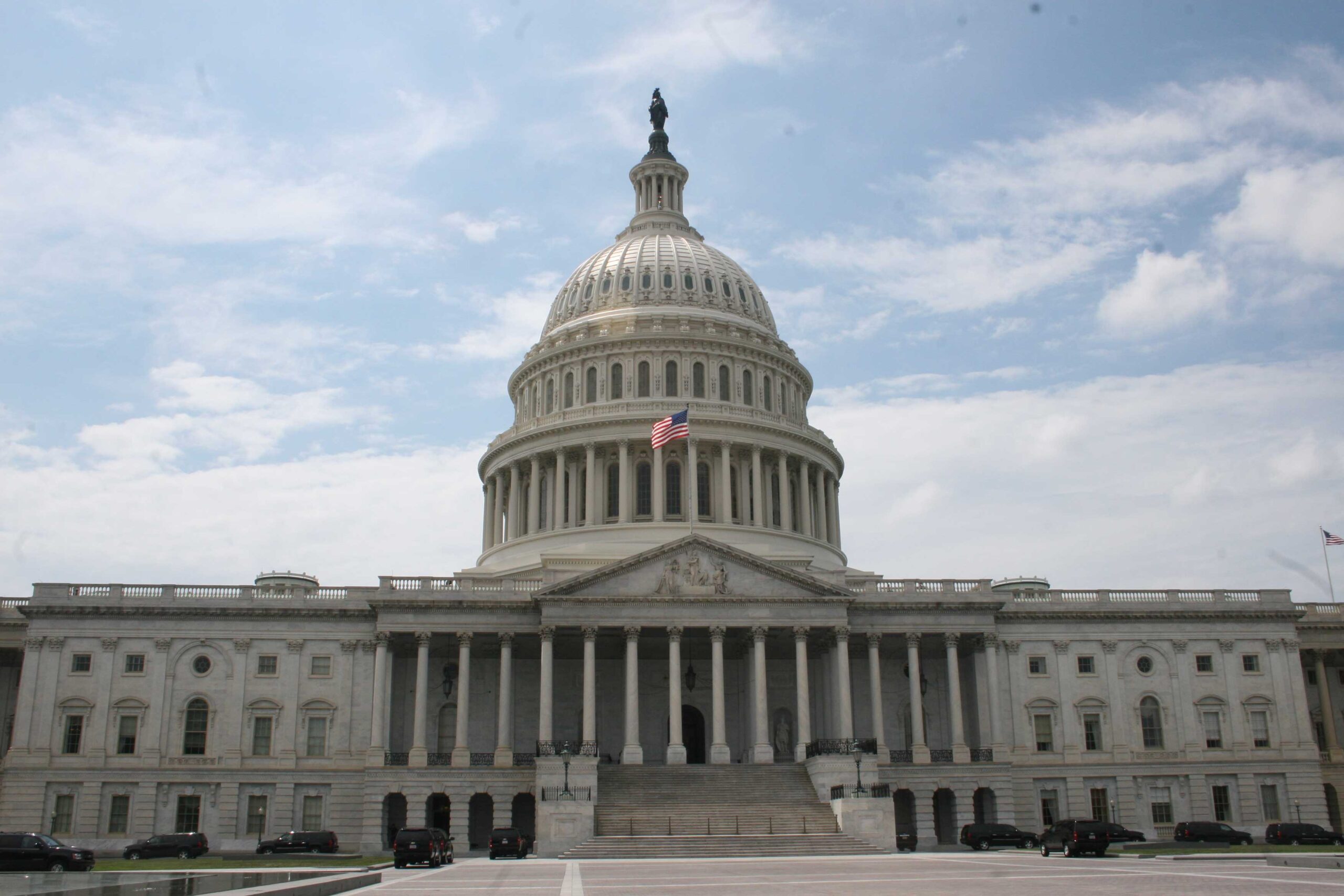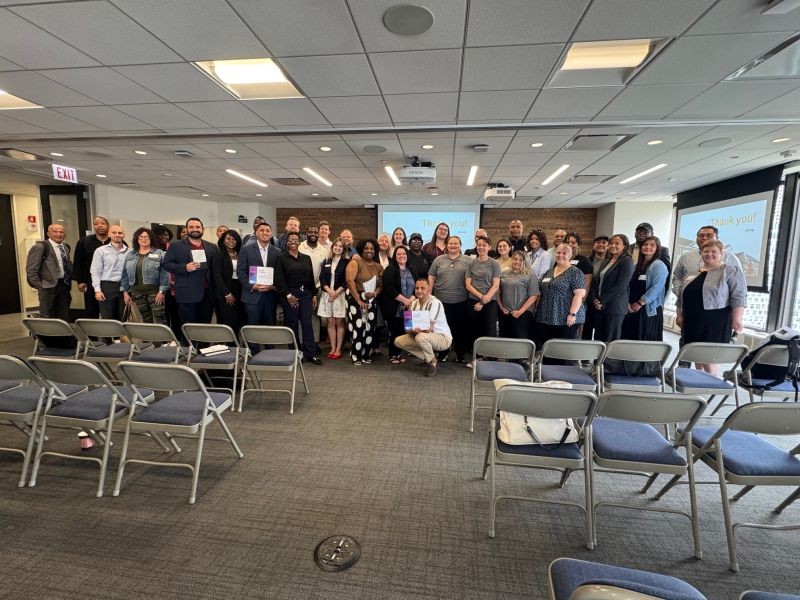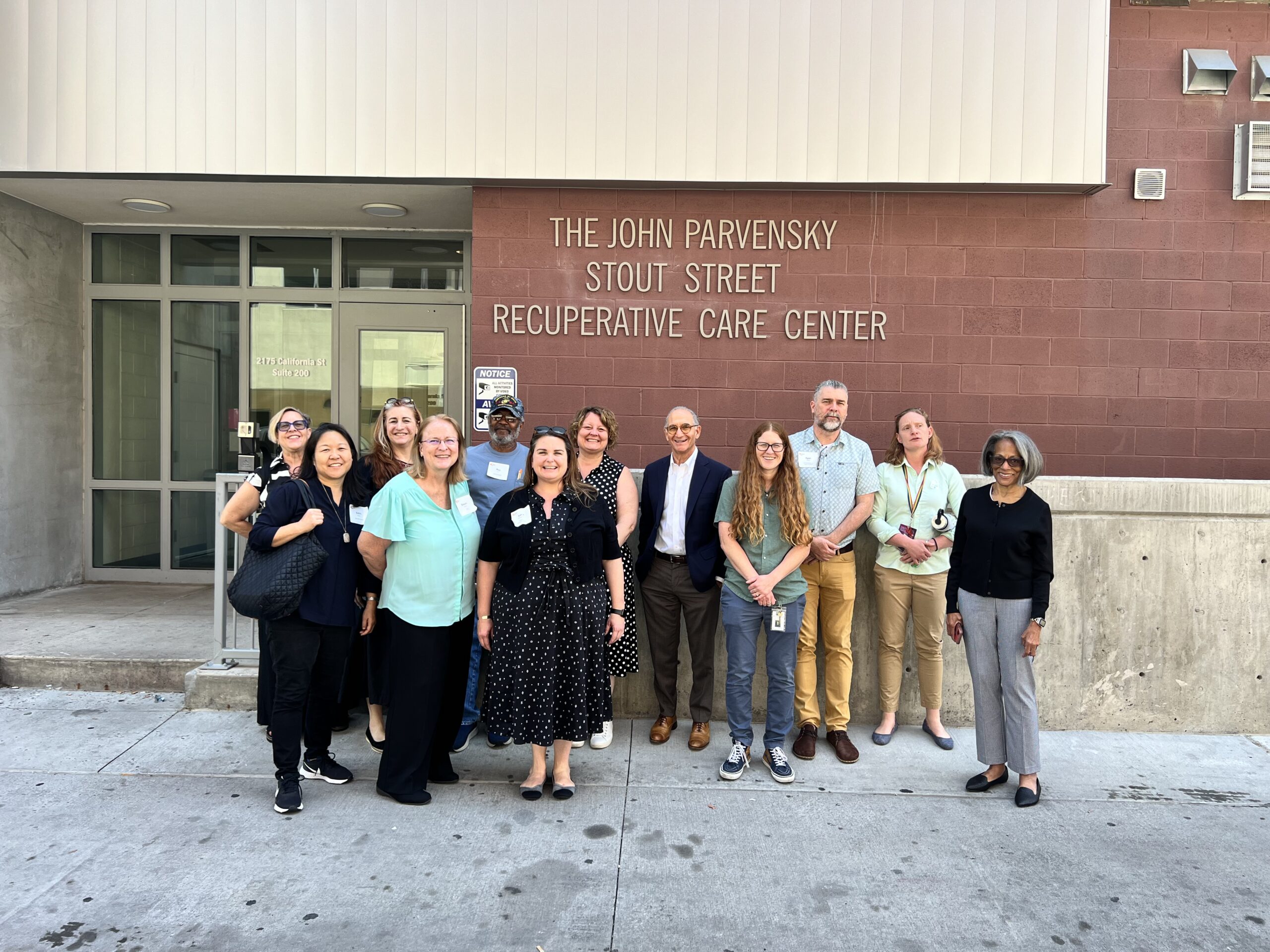A Message from CSH’s President and CEO: Housing and Health in the House Reconciliation Package
This message is part of an ongoing series of updates as we follow the budget and reconciliation negotiations.
Last week, the House finalized a reconciliation package that includes both promising investments and deeply concerning policy changes. As the national leader in supportive housing, CSH appreciates the inclusion of the Affordable Housing Credit Improvement Act. This act will help address the nation’s affordable housing crisis by creating or preserving an estimated 1.14 million affordable homes, a critical step forward in expanding access to housing for low-income individuals and families.
However, we are deeply concerned by other provisions in the package that undermine the very people these homes are meant to serve. Deep funding cuts and harmful administrative requirements threaten the health and stability of people experiencing homelessness and those living in supportive housing.
Among the most troubling elements of the package are the proposed changes to Medicaid, which introduce significant new barriers to accessing vital services. The proposed Medicaid recertification every six months, along with increased administrative hurdles, would make it nearly impossible for those with disabilities who are experiencing homelessness or at risk of homelessness to maintain coverage. These individuals already face significant obstacles in proving eligibility and accessing consistent medical care. Without stable housing, receiving mail, completing paperwork, and attending regular appointments becomes a monumental challenge.
The inclusion of work requirements for Medicaid is not only ineffective but harmful. Research, including findings from the Congressional Budget Office and real-world data from Arkansas, shows that work requirements do not increase employment but do result in people losing coverage due to complex reporting rules. For people experiencing homelessness, these work requirements and recertification hurdles further complicate their ability to receive healthcare, increasing the risk of losing coverage and compounding the challenges they already face.
Further, the proposal to freeze state provider taxes jeopardizes Medicaid funding by limiting states’ ability to respond to rising healthcare costs. CSH has long partnered with state governments to ensure that the integration of housing and services remains accessible to those who need it most. These freezes would tie the hands of states, undermining their ability to support such critical work and, over time, force states to cut services, disproportionately affecting people with complex health and housing needs.
In addition to the Medicaid provision, the reconciliation package includes changes to the Supplemental Nutrition Assistance Program (SNAP) that raise significant concerns. Chief among them is the proposal to increase work requirements up to age 64, an especially troubling shift given that older adults now represent the fastest-growing segment of the population entering homelessness. Imposing additional work requirements for this group threatens to further destabilize their already fragile economic footing.
Compounding this issue is the proposed sunset of the exemptions for individuals experiencing homelessness and youth aging out of foster care, which would strip away critical supports at a time when consistent access to food is essential. Youth leaving foster care are overrepresented in the homeless services system, and removing these protections would only deepen the economic and housing challenges they already face during a pivotal transition into adulthood.
While we recognize and appreciate the inclusion of critical housing investments in this package, we are deeply concerned that these gains are undermined by provisions that weaken the healthcare and support systems essential to housing stability. Housing and healthcare are deeply interconnected and advancing one without the other risks undercutting the overall effectiveness of both.
To meaningfully address homelessness and housing insecurity, individuals must have access to affordable homes and the services that support their long-term stability and well-being.
We appreciate your ongoing engagement and partnership.
Sincerely,
Deborah De Santis
President and CEO





